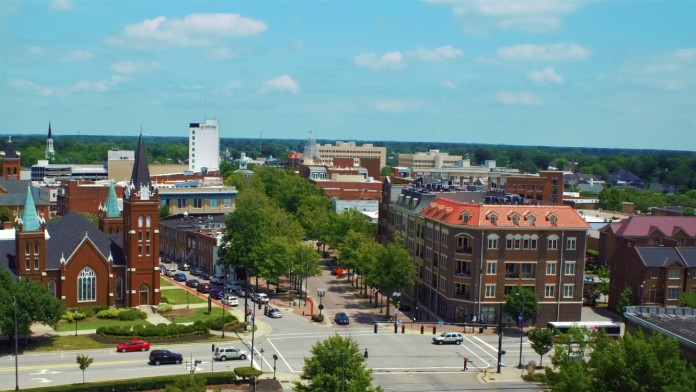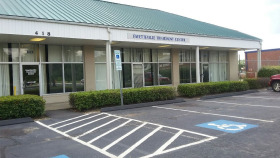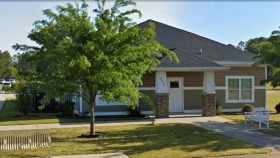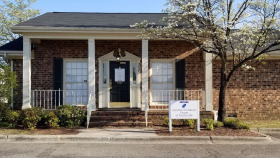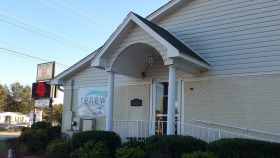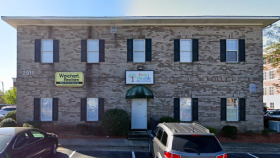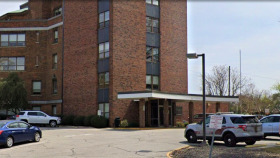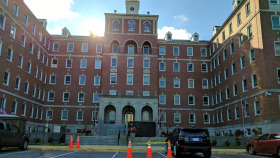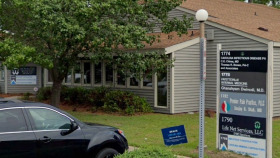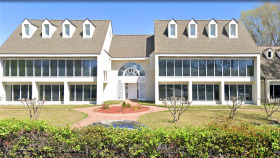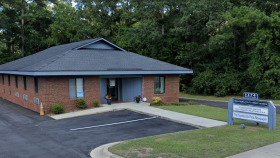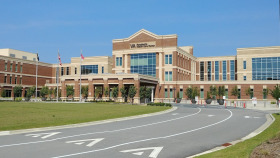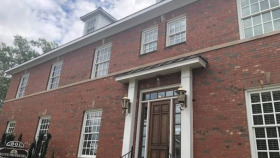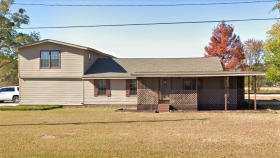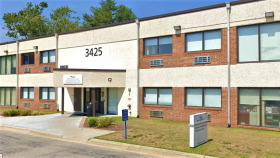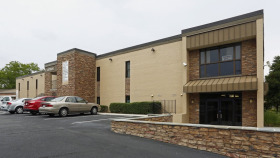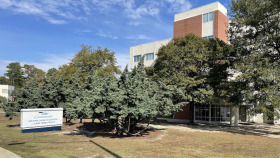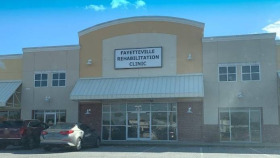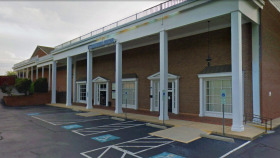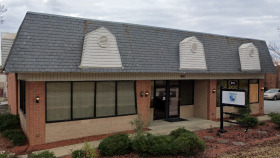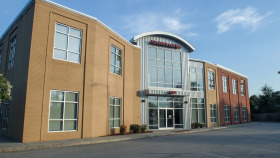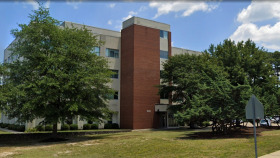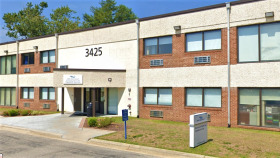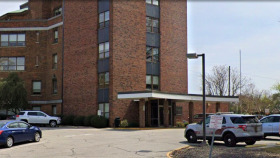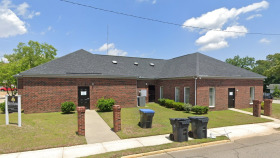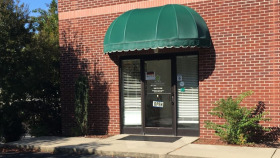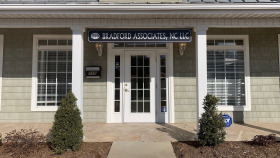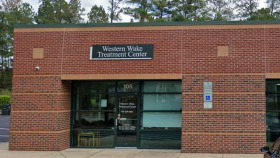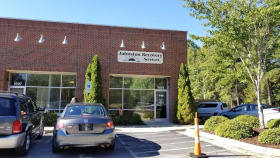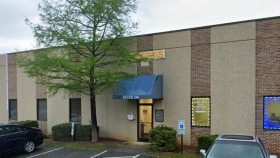Expert Insights
Something you may not realize, unless you live in a rural area, is that addiction treatment services are hard to come by. In fact, more than 75% of counties across the country don’t have opioid treatment programs.
Currently, there are only two medications approved to treat opioid addiction: buprenorphine and methadone. Unfortunately, providers of both of those medications are in great need in rural areas of the country, including Fayetteville. There are some patients who drive hours at a time to get to a clinic, which makes working difficult and it also becomes very expensive.
Rural areas like those in Fayetteville and others across the South are desperate for more providers who can assist these people in treating opioid addiction and embracing recovery.
~ Nikki Seay
How Much Does Rehab Cost in Fayetteville?
There is no single price tag for rehab. Your care will depend on the program you choose. Programs with luxury amenities and holistic care are more costly than standard programs. The longer the program lasts, the more the costs will mount up. Your insurance will cover a portion of the costs, but you may need to pay out-of-pocket expenses. You will be responsible for your own travel expenses.
One factor that affects cost is whether you select an inpatient program or outpatient care. Inpatient programs are residential, meaning you will live at the facility full-time. The cost of housing, food, and medical care are added to the cost of care itself. Outpatient program costs may be limited to just the cost of therapy and any medication-assisted treatment you receive.
If you are concerned about being able to pay for effective treatment, you may be able to access free, low-cost care or facilities that offer sliding scale fees. Some addiction treatment centers will let you set up a payment plan to spread the costs out over time.
Resources
- America’s Health Rankings. (2021). Non-Medical Drug Use – Past Year In North Carolina.
- North Carolina Department of Health and Human Services. (2022). North Carolina Medicaid.
- The New and Observer. (2022). Medical marijuana legalization passes NC Senate with bipartisan support.
- UNC Police. (2022). Federal, State and Local Regulations.
- North Carolina Department of Health and Human Services. (2022). Syringe and Naloxone Access.

